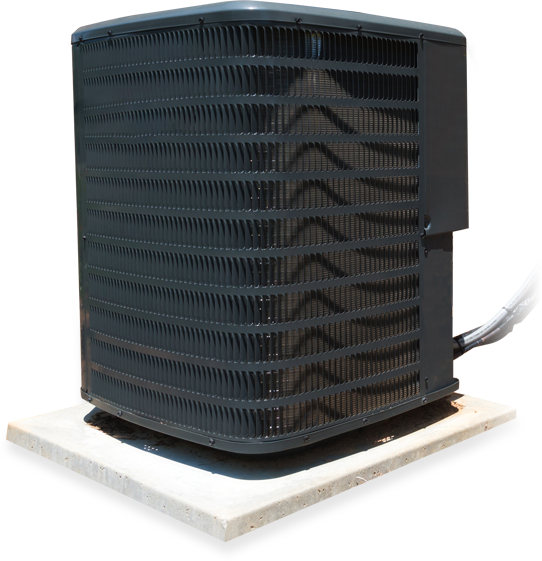How Big of an Air Conditioner Do You Need?
There is nothing worse than having to suffer through a brutally hot day with an air conditioner that is not big enough to cool your home. Conversely, an air conditioner that is too large for your home is a waste of money. Fortunately, there are ways of determining exactly what size air conditioner you need.
Calculating Your BTU Usage
The first thing you need to do is calculate how many British Thermal Units (BTUs) your home requires. You can use this handy BTU calculator to determine this.
You will need to perform this calculation for each room in your home, including hallways, closets and vestibules, and then you must add all these numbers together to get your total BTU requirement.
However, if you already know how many square feet your home has, you can also use this handy chart:
100 – 150 square feet: 5,000 BTUs
150 – 250 square feet: 6,000 BTUs
250 – 300 square feet: 7,000 BTUs
300 – 350 square feet: 8,000 BTUs
350 – 400 square feet: 9,000 BTUs
400 – 450 square feet: 10,000 BTUs
450 – 500 square feet: 12,000 BTUs
500 – 700 square feet: 14,000 BTUs
700 – 1,000 square feet: 18,000 BTUs
1,000 – 1,200 square feet: 21,000 BTUs
1,200 – 1,400 square feet: 23,000 BTUs
1,400 – 1,500 square feet: 24,000 BTUs
1,500 – 2,000 square feet: 30,000 BTUs
2,000 – 2,500 square feet: 34,000 BTUs
Choosing an Air Conditioner
When buying an air conditioner, you should select one that either provides or comes close providing the amount of BTUs you home requires. All conditioners are labeled with the amount of BTUs they provide.
Keep in mind, though, that the chart above tells you how many BTUs you will require under ideal conditions. There are a number of variables that can alter this calculation.
Sunlight and Shade
If any of the rooms in your home get a lot of sun, you should raise the BTU requirements of that room by 10%. Conversely, if any of the rooms are well shaded, you can reduce the BTU requirements of that home by 10%.
The Number of Room Occupants
BTU requirements for a room increase based on the number of occupants. BTU calculations in the chart assume that there will be at most 2 people in a room, but if more than two people occupy a room, you need to add 600 BTUs for each additional person.
Kitchens
Kitchens usually contain appliances that generate heat, such as an oven or a stove, and because of this they must have their BTU requirements increased by 4,000 BTUs to offset the heat.
Getting Help
If all these calculations seem overwhelming, all is not lost. You can have a heating, ventilation and air conditioning (HVAC) specialist come to your home to determine exactly what size air conditioner you need and the AC unit cost. Doing this is far better than taking a chance that your new air conditioner will not cool your home properly.

